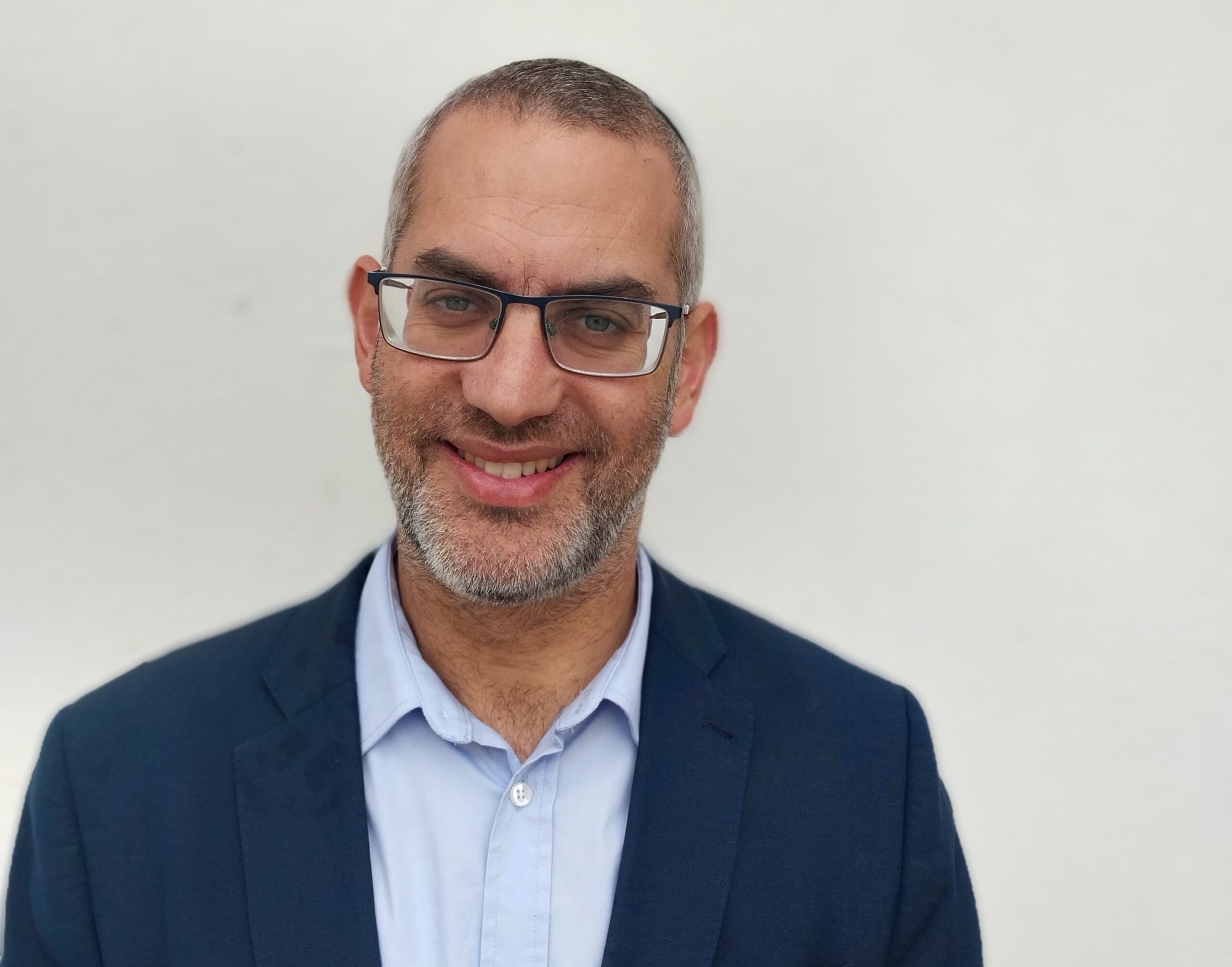
Religion

Tradition, tradition!
Most of the parshiot of Bereishit discuss the lives of our forefathers. In fact, there are only three mitzvot in the entire book of Bereishit, which is one fifth of the Torah, even though there are 613 mitzvot in the whole Torah.
The word “Torah” means teaching and instruction, similar to the Hebrew word for a teacher which is morah/moreh. If so, one would expect the Torah to focus mainly on instructions and commandments for us to follow. However, much of the Torah is a narrative including the stories of our forefathers and the Jewish people. Why are there so many stories in the Torah?
There are actually many more than 613 instructions of how to live as a Jew. Every episode in the Torah is full of guidance of how to live a moral and ethical life. These are also teachings that Hashem is imparting to us with the Torah.
The lives of the forefathers are revealed to us in order for us to learn how great people live their lives, and to gain moral and ethical insights for our own lives. Avraham was the trailblazer of Yiddishkeit. He taught the world about monotheism and kindness. Yaakov was the man of truth who battled deceptive characters and eventually succeeded in establishing the great Jewish family through hard work and toil. But what about Yitzchak?
Much less is written about Yitzchak and his spiritual achievements. He was prepared to give his life to sacrifice as a young man by his father, Avraham, but what happened to him thereafter?
In our parsha, we read about Yitzchak travelling to the land of the Philistines. He becomes very wealthy, and is driven out of the land due to the Philistines’ jealousy. Then he digs wells for water. In fact, he reopens the wells that his father, Avraham, had dug which had been closed by the Philistines. Why must the Torah tell us about Yitzchak’s financial endeavours? What do we learn from it?
The Midrash makes a remarkable point. The Torah tells us that Yitzchak named the wells with the same names his father, Avraham, had given. Why is that so great? Yitzchak could have claimed that these wells were his new business venture and called them by new names. Instead, he renamed them with the names his father had given them, claiming no credit for himself.
The greatness of Yitzchak was that he continued the traditions of Avraham. He didn’t create a new path of Judaism. He carried on what Avraham had begun. This required great humility.
We all want to be a creator and leave our mark on the world. It isn’t easy to follow strictly an approach that has already been established. This was the greatness of Yitzchak. He invented the idea of tradition because he passed on the traditions of Avraham!
What was his reward? Avram became Avraham and Yaakov became Yisrael, but Yitzchak remained Yitzchak throughout his life. Yitzchak didn’t need a name change. He was always Yitzchak, the son of Avraham, because he was the one to further the great leadership of his father, Avraham.
To follow a well-established tradition gives one tremendous strength, as one has a strong foundation to rely on. We are blessed to have a tradition that’s strong and has been established for more than 3 000 years. All we have to do is learn about it and keep it going, and it will give us great strength in our own lives! That’s the legacy of our forefather, Yitzchak.










